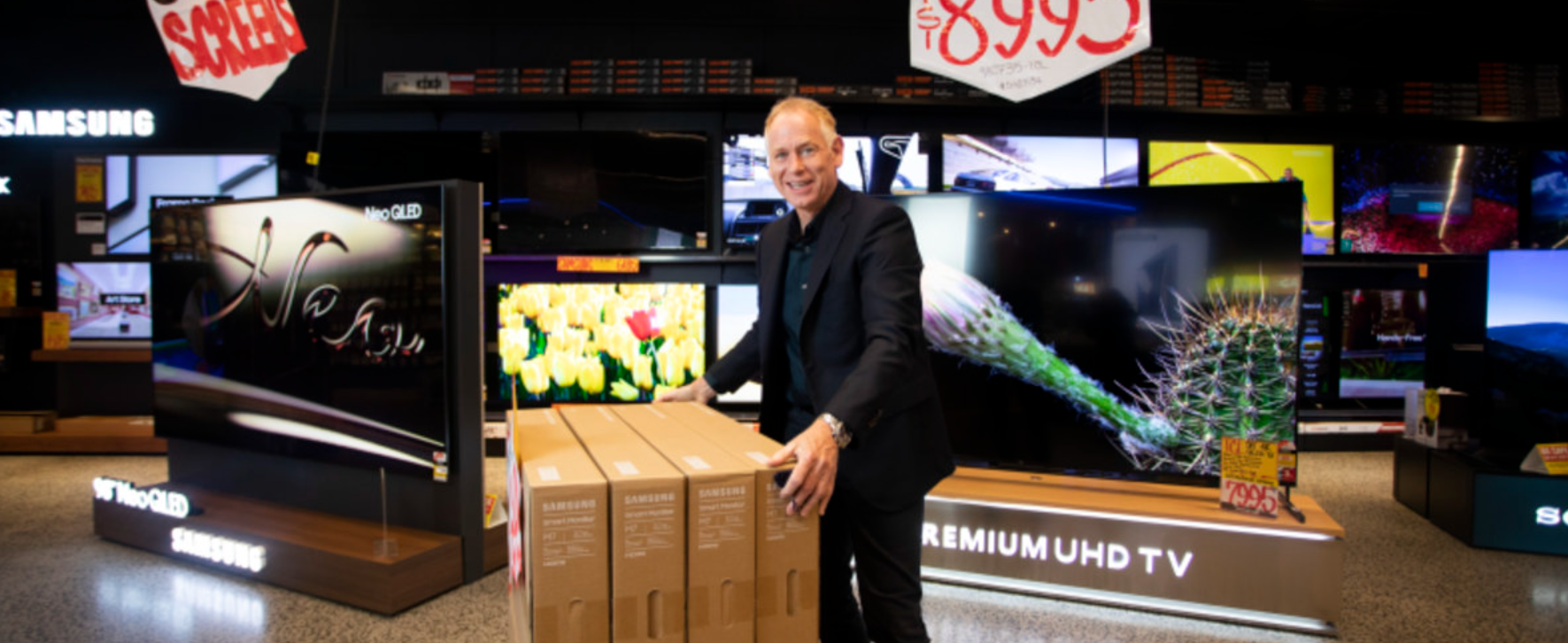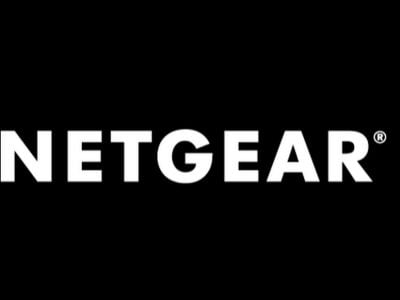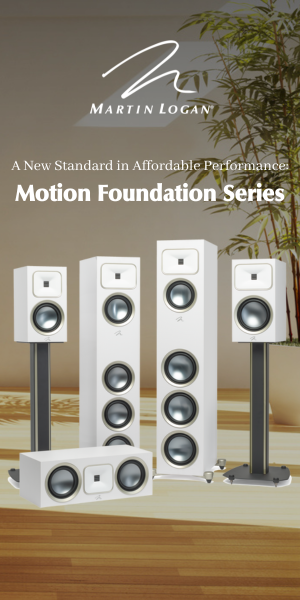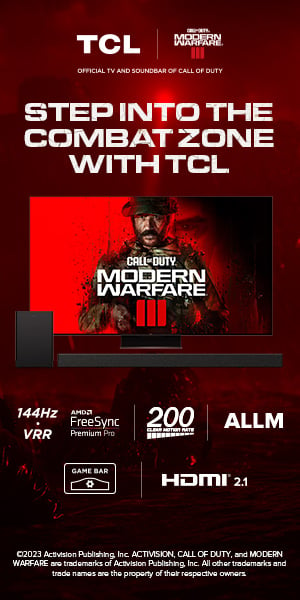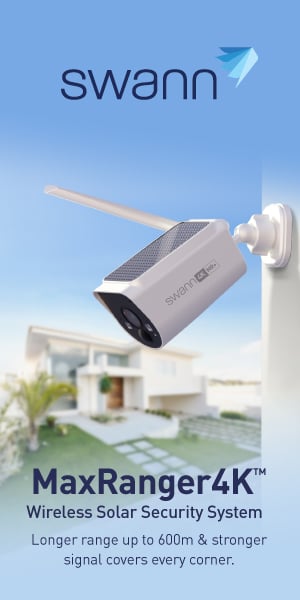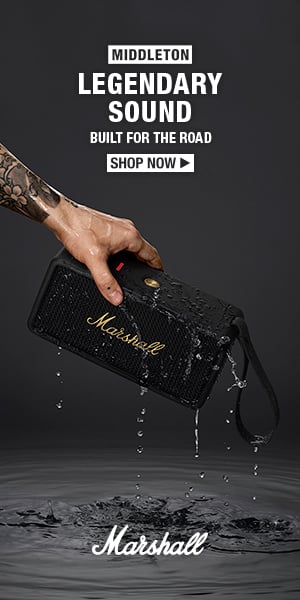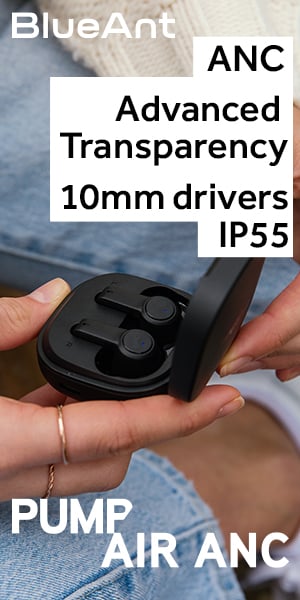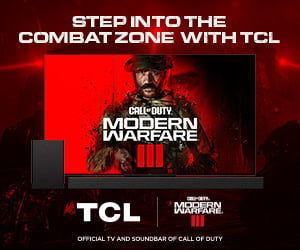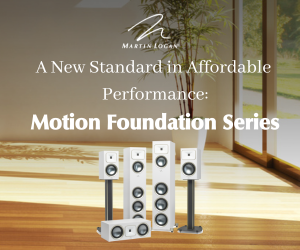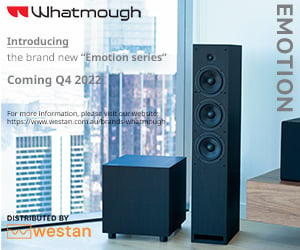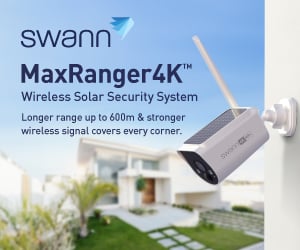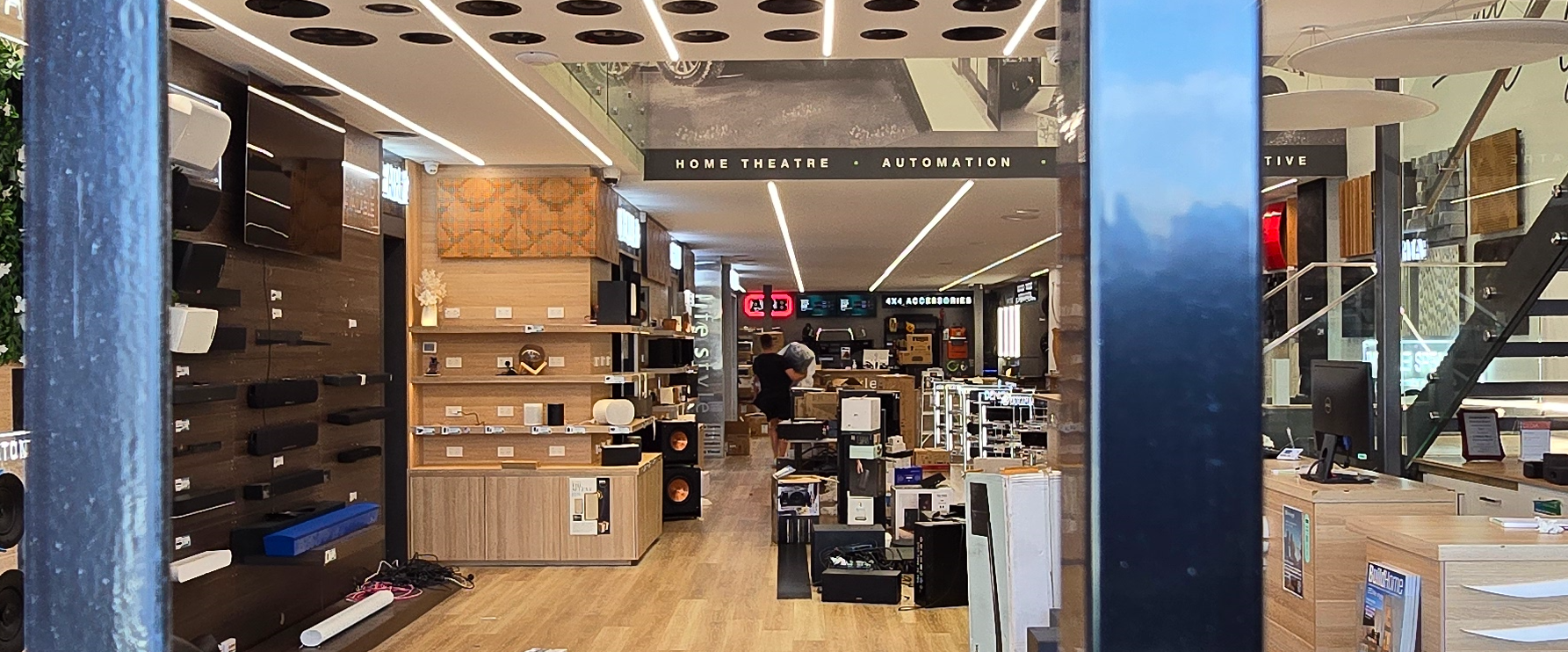As JB Hi Fi, The Good Guys and Harvey Norman battle it out for market share, in the appliance and consumer electronics market the big question is who is coming out on top and what does the future hold for these big three retailers.
We know that Harvey Norman struggle to break out numbers, and with their franchisee store sales falling 13.9% in the last quarter the question I would like answered is how much of their revenue comes from appliances and consumer electronics Vs furniture.
JB Hi Fi and The Good Guys don’t sell furniture, but Harvey Norman does so is the 12% fall in sales at The Good Guys a fair indicator up against the 50% fall in profits and the big fall in revenue at Harvey Norman.
Then there is the issue of the future and who will be the winner going forward.
One glaring issue is the age of senior management and key shareholders at Harvey Norman and the lack of shareholder clout that can pull the board into line.
Gerry Harvey is 84, his CEO wife Katie Page is 66, David Ackery is 63 and already talking about retirement, one of the youngest directors is 54-year-old John Slack Smith, then there is the issue of ownership.
Over at JB Hi Fi 58% of the shares are held by third party institutions who have a voice and are known to keep the board on their toes. These include organisations such as Australian Super with 14.9% or IFM Investors with 6.8%.
JB Hi Fi also has a significantly younger management team with Terry Smart and CFO Nick Wells significantly younger than most senior Harvey Norman Directors.
Then there is the issue of independent directors, with the Harvey Norman board slammed on several occasions by the Australian Shareholders Association for their lack of independence and the amount of remuneration to key shareholders, who just happen to be Gerry Harvey with 33.3%, the estate of former partner to Gerry Harvey, Ian Norman who own 16.49%, Margaret Harvey with 4.7% and current wife and CEO Katie Page with 1.63%.
After doing some more digging, we found that the top 2 shareholders collectively control more than half of the company’s shares, implying that they have considerable power to influence the company’s decisions and love telling the Australian Shareholder Association to “piss off” as Gerry Harvey has done at previous Harvey Norman AGM’s when he has been asked tough questions.
Back in 2016 when shareholders delivered a first strike against the company’s board during a tense annual general meeting at which a bullish Gerry Harvey declared critics of the retailer “totally friggen mad”.
Australian Shareholders’ Association representatives were lambasted as “agitators” by Mr Harvey after the group had said it would vote against what Gerry Harvey wanted to happen.
“There are people sitting in this room who think we are crooks; we are not crooks and we’re very upset that you think we are,” Mr Harvey said.
“There are critics among you who are mad — totally friggen mad.” he ranted.
A look at the shareholders of JB Hi-Fi Limited actually reveals which group is the most powerful. With 58% of institutions owning the maximum shares in the company. In other words, the group stands to gain the most (or lose the most) from their investment in the company as one analyst said recently.
Unlike the Boys Club who run Harvey Norman that has an ageing audience of customers whose kids shop at JB Hi Fi institutional ownership tends to carry a lot of weight, especially with individual investors.
Hence, having a considerable amount of institutional money invested in a company is often regarded as desirable as it keeps the board on their toes and constantly looking for growth.
Having big institutional investors on your books can also work against you.
It is not uncommon to see a big share price drop if two large institutional investors try to sell out of a stock at the same time. This can lead to a plunge in share value.
Unlike Harvey Norman the top 13 shareholders at JB Hi Fi, have a combined ownership of 50% implying that no single shareholder has a majority.
Recently Harvey Norman unveiled a surprising plan for a 10% share buyback worth $442 million over the next year.
This move comes in response to dismal September quarter sales and a grim outlook for the future.
During the September quarter, sales plummeted by over 98% across the company’s empire, with a staggering 13% drop in Australia. Unaudited pre-tax earnings for the same period were halved, potentially marking one of the worst performances in the industry, both for the quarter and the six months leading up to December.
In the past the business has borrowed money to prop up the share value.
According to their latest annual report Harvey Norman Holdings has total shareholder equity of A$4.5B and total debt of A$850.4M, which brings its debt-to-equity ratio to 19%.
Its total assets and total liabilities are A$7.7B and A$3.2B, respectively.
Over at JB Hi Fi they have debt of AU$49.8m at the end of June 2023, a reduction from AU$59.4m over a year.
But it also has AU$177.3m in cash to offset that, meaning it has AU$127.5m net cash.
A look at the balance sheet reveals that JB Hi-Fi had liabilities of AU$1.18b falling due within a year, and liabilities of AU$630.4m due beyond that.
Offsetting this, it had A$177.3m in cash and A$146.5m in receivables that were due within 12 months.
This deficit isn’t so bad because JB Hi-Fi is worth AU$4.97b, and thus could probably raise enough capital to shore up its balance sheet, if the need arose.
According to the last Harvey Norman Holdings financial report the business has liabilities of A$876.1m falling due within a year, and liabilities of A$2.47b due beyond that.
Offsetting these obligations, it had cash of AU$325.8m as well as receivables valued at AU$1.11b due within 12 months.
So, its liabilities total AU$1.91b more than the combination of its cash and short-term receivables.
The big question now, as we enter one of the most volatile markets, that we have witnessed in Australia for more than a decade, is who will be the long-term winner, JB Hi Fi and The Good Guys or Harvey Norman and their ageing management and ageing target audience.
If there is one standout that works against JB Hi Fi, it’s their commercial division.
This division needs to be totally restructured to take head on the Harvey Norman Commercial operation which is a cash cow and I suspect a big generator of the profits for the holding Company.
While it’s not retail selling over a counter, commercial is all about relationship selling and as Australia faces a housing crisis, and builders, architects and developers look for new technology developed building products and new home automation products, coupled with security, entertainment and a new generation of Wi Fi connected appliances the demand for new generation products by organisations building homes is going to be huge.
Often these jobs are scoped months out from work starting and this has allowed JB Harvey Norman Commercial to work with building industry partners, integrators, and designers in the scoping of their needs, and when finalised take 50% deposit months out, from the products having to be delivered.
If and when this happens Harvey Norman will face a lot of pressure where it hurts, profitability.

